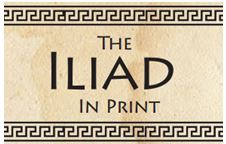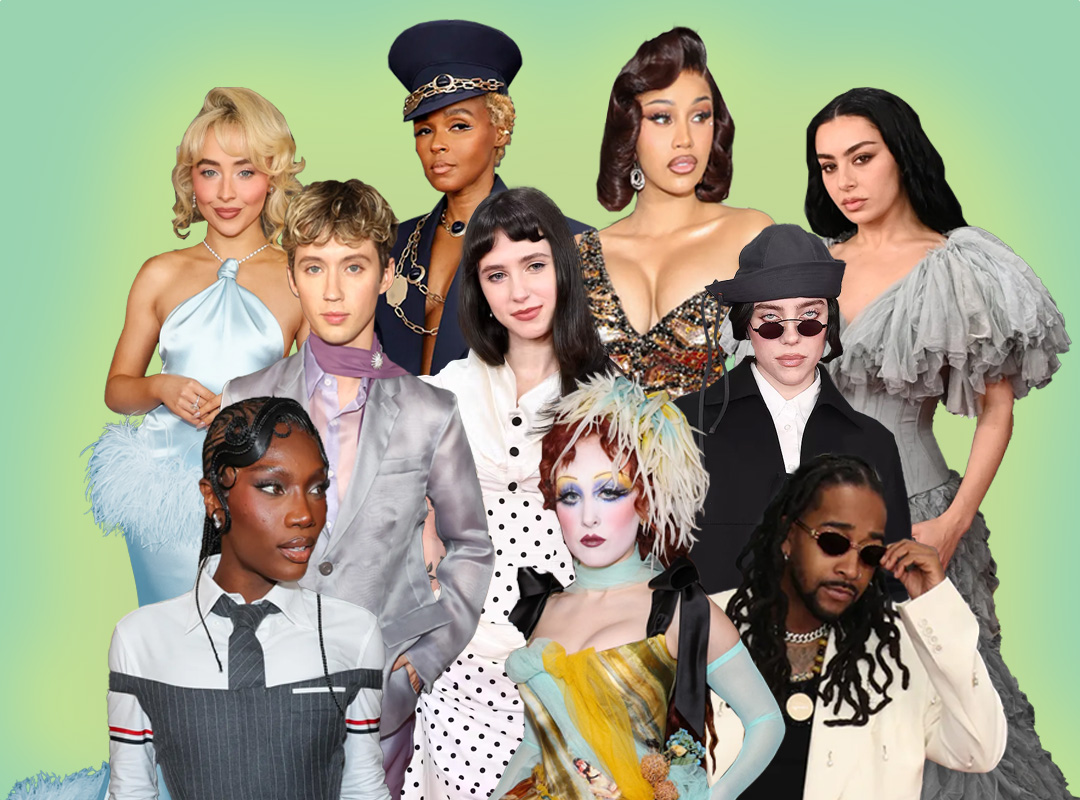Every four years, from the beginning of campaign season right up until the last ballot has been filed and counted, political writers suddenly start churning out articles whose contents read more like gossip columns than news.
At best, the incessant dissection of the inconsequential minutia of the presidential hopefuls’ lives is irritating; at worst, it’s that poignant combination of inappropriate, uncomfortable, and offensive that only the best poorly written news articles can achieve.
With the official announcements that have come from Ted Cruz (R), Marco Rubio (R), and most recently Hillary Clinton (D), we have once again entered into open season for political gossip.
While there are still many more potential candidates looming on the presidential horizon, there’s already been an upswing in the not-so-news articles coming out of publications like The New York Times and Time Magazine.
Normally it’s easy enough to ignore these types of stories—to just keep scrolling down to the really important stuff, like book reviews and the weather—but with Clinton’s official announcement on Sunday, it’s only a matter of time before we’re hit by the virtual tidal wave of vaguely (or explicitly) sexist articles that spend 800 of their 900 words talking solely about some facet of the fact that she’s a woman.
By focusing the spotlight on Clinton’s gender or aspects of her gender, rather than on her political views, these articles are all underhandedly invalidating her as a politician. When was the last time you read anything about if being a man affected someone’s presidency? Probably never—but if you did you should e-mail it to me, because I’d love to read it.
We don’t see articles about how being male affects politicians because it’s a well-established norm. No one needs to discuss the benefits or detriments of having a man sitting in the Oval Office because that’s all we’ve ever known.
But we no longer live in a country whose political field is completely dominated by rich white men—well, we do, but at least they’re not the only voices anymore…just the majority. We live in a time where the faces of politicians are rapidly diversifying, but somehow this diversification—this deviation from what we already know—seems to make people think it’s acceptable to dredge up completely unrelated pieces of personal information and present them as points of character for potential politicians.
We’ve never had a female president before. For some unknowable and inexplicable reason, this scares a lot of people. And, because they can’t just go around saying that a woman president scares them, they find themselves simply listing off the differences between men and women and twisting them into reasons a female shouldn’t be commander-in-chief.
Women wear skirts and makeup—our president can’t wear skirts and makeup, no one will take America seriously! Women have periods and go through menopause—our president can’t be an overly emotional wreck because of elevated estrogen levels! And the inane reasons with irrelevant explanations go on and on.
Even when well-intentioned writers attempt to throw the “she’s a woman” scare tactic back into the faces of the right-wing conservatives by highlighting ways that Clinton’s gender is an asset rather than a hindrance, they are still—however unwittingly—contributing to the bigger problem.
It’s not what the articles are saying about her sex—whether they’re arguing that a woman president will be the best thing to happen to America since the declaration of independence or if they’re spouting some lunacy about how only men can make good leaders—it’s the fact that they’re all focusing on her gender rather than her politics.
Potential political leaders should be judged and elected based on their campaign points, and on whether or not they will be good and fair leaders, not on the completely politically-inconsequential gender box that’s checked on their birth certificate. Except the conversation about which box has been checked only seems to be a topic worth discussing when the politician running is outside of the norm (read: not male).
On April 3, Time Magazine published an article titled “Hillary Clinton is the Perfect Age to Be President,” by Julie Holland, which was an 800-word waste of ink—or internet bandwidth if you read it online—that talked about how being post-menopausal means Clinton is going to be a good president.
“A woman emerging from the transition of perimenopause blossoms,” Holland writes. “It is a time for redefining and refining what it is she wants to accomplish in her third act. And it happens to be excellent timing for the job Clinton is likely to seek. Biologically speaking, postmenopausal women are ideal candidates for leadership. They are primed to handle stress well, and there is, of course, no more stressful job than the presidency.”
Maybe Holland really meant well when she penned this piece, or maybe—more likely—she was just trying to plug her new book, but this is the perfect example of Clinton’s gender being used to undermine her political validity. Clinton isn’t a perfect fit for the presidency because of extensive experiences with the government from her time as a senator and secretary of state, or because she has good policies. No, Clinton is the perfect fit, according to Holland, because of her hormones.
“I can’t say this loudly enough, no one EVER writes articles about the testosterone levels of Jeb Bush or Rand Paul or any male politician,” wrote Dr. Jen Gunter on her WordPress blog in a response to Holland’s article, “so the fact that this article even exists is repulsive to me both as a woman and as a physician. To write such and article implies that tying a woman’s competence to her hormones is a valid construct, and it isn’t.
“Hillary Clinton’s hormones have nothing to do with her qualifications and I find any connection between the two, whether well-intentioned or simply a book plug, an insult.
“To say a woman’s hormones are in someway related to her fitness to be President then also means at some time you think she is less fit to be president. You can’t have it both ways.
“There is no wisdom in menopause. There is wisdom and then there is menopause. All I care about is Ms. Clinton’s wisdom and that’s all you should care about too.”
Time Magazine’s article is a relatively tame first in what is sure to be an overwhelmingly long line of inappropriately focused stories about Clinton this election season.
Hillary Clinton may make a good presidential candidate, or an awful one, but is crucial that we evaluate her candidacy not by gender, but by political merit.
There are a great many factors that go into a candidate’s ability to successfully run a country, but gender is not one of them. It’s time to end the discussions about female politicians’ outfits, haircuts, hormones, or whatever else has absolutely nothing to do with their political career, and instead focus on the great many other things that actually matter, like foreign policy, health care reform, and immigration policy, just to name a few.





















